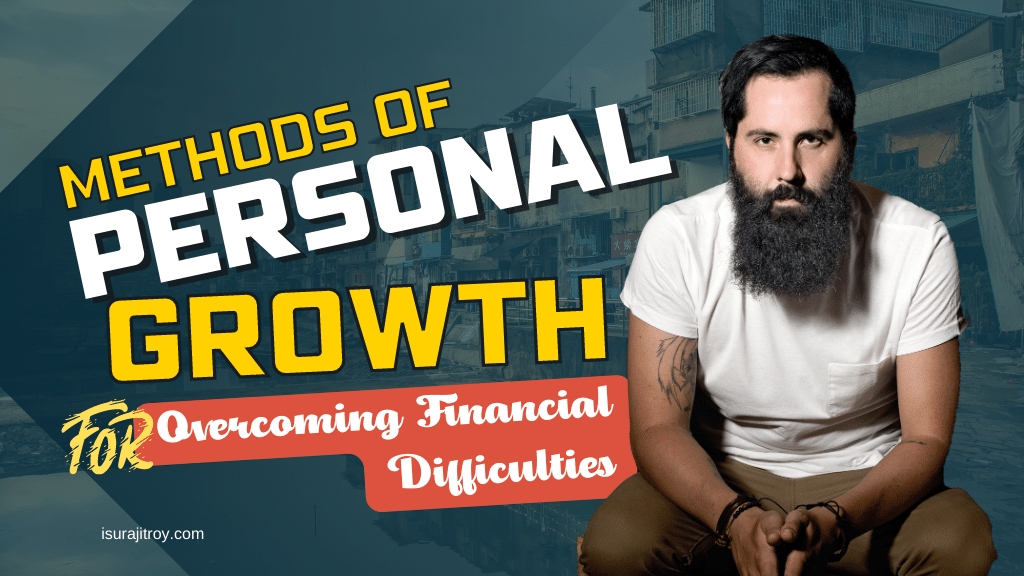
Unexpected financial difficulties are a common source of stress and anxiety in today’s society. Yet, self-improvement techniques can be used to get through monetary roadblocks. If you’re having trouble keeping your financial house in order, this book will provide you the tools you need to fix that.
Think About Your Money Situation
If you’re having money problems, the first thing to do is take stock of your existing financial condition. Knowing your financial situation entails being aware of your resources and liabilities. The first step towards achieving your financial goals is gaining an understanding of your current financial situation.
Make a Spending Plan
Making a budget is an important skill to have for dealing with money issues. A budget is a plan that lays out your income and expenditures to help you better manage your money. By making a budget, you can determine where your money is going, set spending priorities, and avoid going overboard.
The first step in developing a spending plan is to compile an itemised list of all of your expected sources of income for the upcoming year. Finally, write down all of your regular monthly expenditures like rent, food, and utilities. Last but not least, calculate your net income by deducting all of your expenses from your total income. If your expenditure is more than your takings, you either need to cut back or increase your income.
Cancel out your debts
Paying down debt is a good method of self-improvement that can help you get ahead financially. High amounts of debt are stressful, but they can be reduced and financial stability improved with careful planning.
A debt repayment plan should be your first step in reducing debt. Please detail your financial obligations in this section. Find out the APR and minimum payment required for each obligation, and formulate a strategy to eliminate the debts carrying the highest APR first. Debt consolidation loans allow you to combine many unsecured debts into a single monthly payment.
Boost Your Paychecks
One method of self-improvement for getting past financial difficulties is to earn more money. You can boost your earnings by doing things like getting a higher-paying work, creating a side business, or charging for your expertise.
If you want more money, you should focus on finding strategies to boost your earnings potential. As an example, you may expand your knowledge by enrolling in a graduate programme, connect with other experts in your field, or launch a side business based on your existing set of abilities.
Save money away and use it later
Self-improvement tactics like saving and investing are crucial for reaching one’s financial goals. As contrast to spending money without expecting a return, saving means putting money aside for the future.
Starting with a clear objective in mind, such as a down payment on a home or a vacation, will help you save more efficiently. Then, make a strategy to save a predetermined amount of money every month towards your objectives. When you invest, though, you put your money to work for you by buying assets like stocks, bonds, or mutual funds. Before putting your money down, be sure you’ve done your homework and fully grasp the potential downsides.
Conclusion
With the correct self-improvement tactics, you may get past your financial difficulties. You can get ahead monetarily if you take stock of your situation, make a budget, pay off your debt, raise your income, and save and invest. If you’ve been struggling financially, we hope you’ve found some helpful advice in this article.




